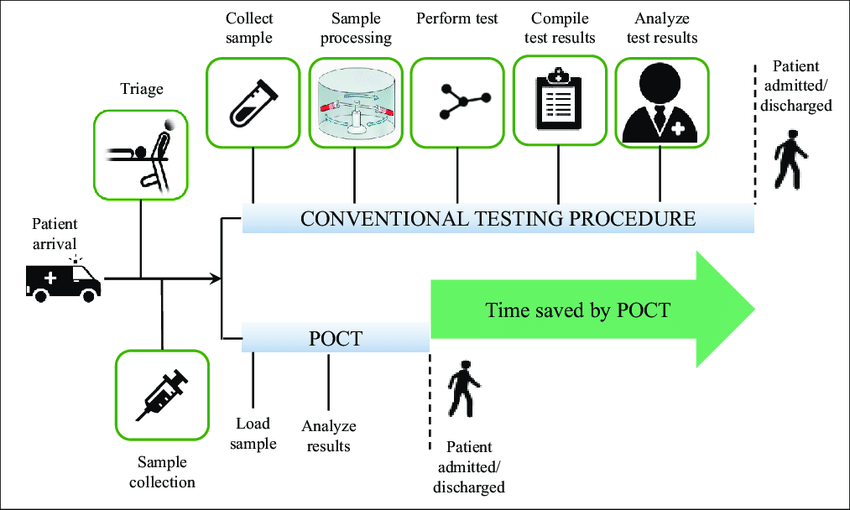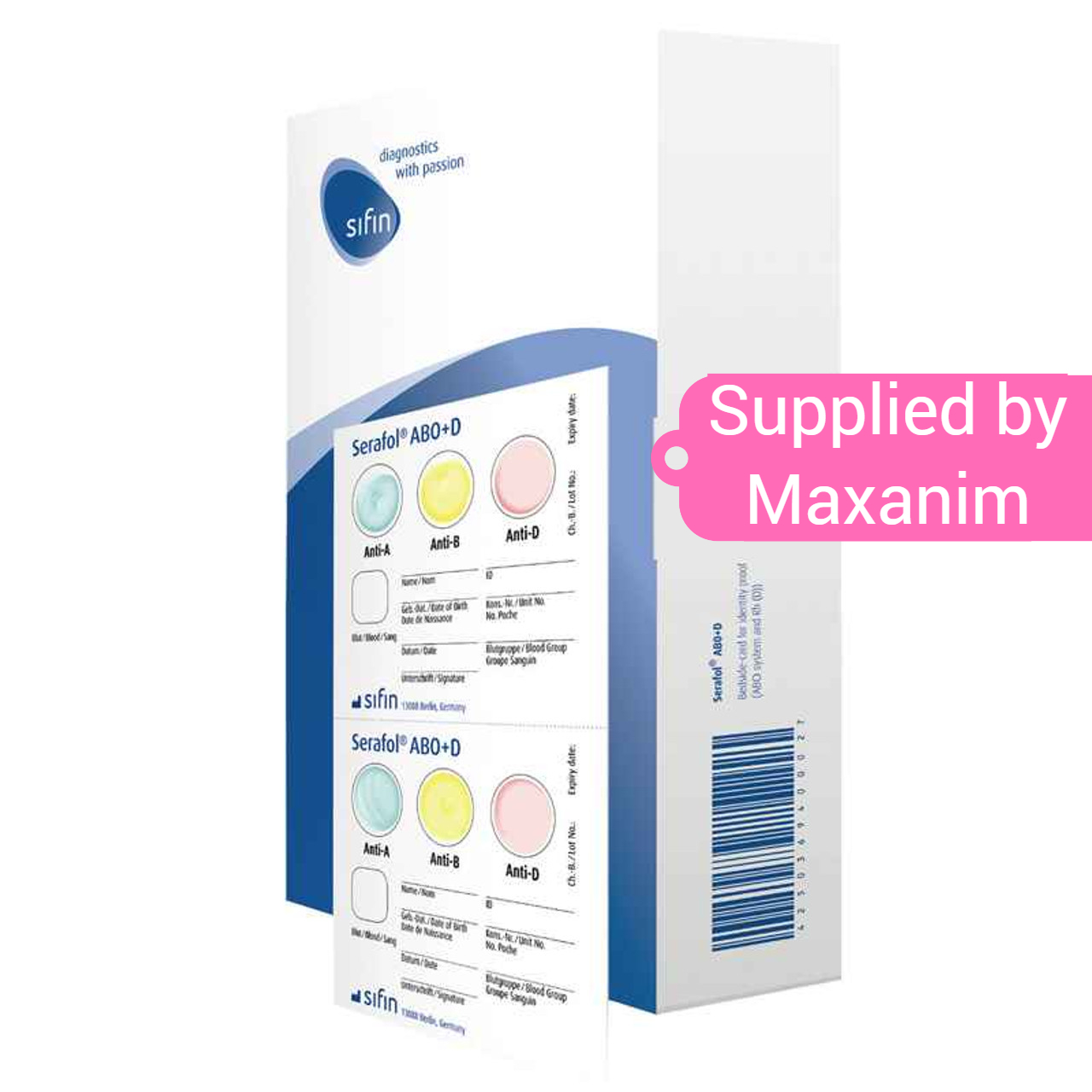Blood tests are a cornerstone of modern medicine. They provide a wealth of information about a person's health by analyzing the content and condition of their blood. These tests are performed in specialized laboratories by trained technicians using advanced equipment. Here's why blood testing in labs is so important:

- Disease Diagnosis: Blood tests can detect a wide range of diseases, including infections, cancers, anemia, diabetes, and organ dysfunction. By analyzing the levels of various cells, chemicals, proteins, and other substances in the blood, doctors can gain clues about underlying conditions.
- Monitoring Chronic Conditions: For individuals with existing health problems like diabetes or high cholesterol, regular blood tests allow doctors to monitor the effectiveness of treatment plans and identify any potential complications.
- Pre-surgical Evaluation: Before surgery, blood tests are essential to assess a patient's overall health and blood clotting function. This information helps surgeons determine if a procedure is safe and appropriate.
- Medication Management: Blood tests can be used to track how a person's body is responding to certain medications. This allows doctors to adjust dosages or switch medications if necessary.
However, while lab testing offers a comprehensive analysis, there are situations where faster results are crucial. This is where point-of-care (POC) testing comes in.
The Role of Point-of-Care Testing
POC tests like the Serafol ABO+D Bedside Test, distributed by Maxanim from the Gentaur Group, are performed at the patient's bedside or in a clinic setting. They provide rapid results, often within minutes, which can be critical in emergency situations.
The Serafol ABO+D Bedside Test, for example:
- Determines a patient's ABO blood group (A, B, or neither) and RhD status (positive or negative) in a single test at the bedside, reducing delays before blood transfusions.
- Offers a safe and reliable method for blood type confirmation before transfusion, minimizing the risk of incompatibility errors.
The Importance of Both Lab and POC Testing
Blood testing in labs remains essential for in-depth analysis and comprehensive health evaluations. POC tests, like the Serafol ABO+D Bedside Test, complement lab testing by providing rapid results in critical situations. Used together, these testing methods offer a comprehensive approach to patient care.
Conclusion
Blood testing, both in specialized labs and at the point of care, plays a vital role in modern medicine. Understanding the strengths of each approach empowers healthcare professionals to make informed decisions for optimal patient care. Regular lab testing, along with the potential benefits of POC testing when appropriate, contributes significantly to maintaining good health and well-being.

